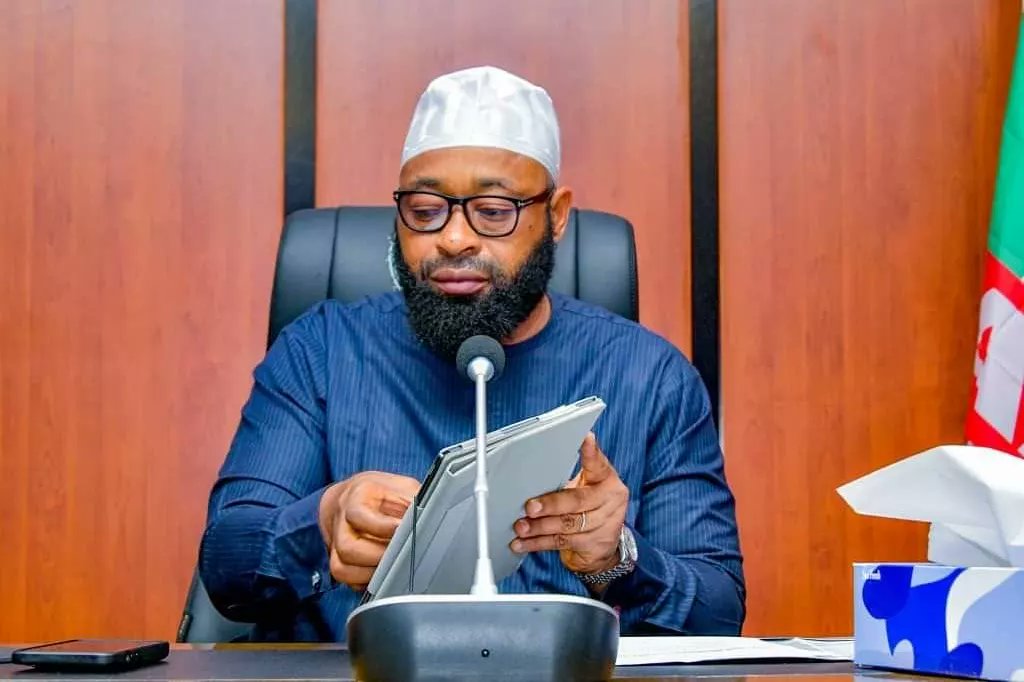Governor Mohammed Bago of Niger State has implemented a groundbreaking policy aimed at bolstering access to education for all children within the state. This transformative initiative centers on the abolition of Parent Teacher Association (PTA) fees in all public primary and secondary schools, effectively lifting a significant financial burden from parents and guardians. The governor’s directive, issued during an official visit to Sarkin Pawa in Munya Local Government Area, underscores his administration’s commitment to ensuring that no child is denied education due to financial constraints. Bago’s firm stance on this policy is evident in his warning that any school official found violating the directive by continuing to collect PTA fees will face appropriate sanctions. This decisive action signals a strong commitment to equitable access to education and sets a precedent for other states to consider similar measures.
The abolition of PTA fees is a multifaceted approach to addressing the challenges hindering educational access. By removing this financial barrier, the government aims to encourage higher enrollment rates, particularly amongst children from low-income families who may have previously been unable to afford the added expense. This policy shift aligns with the broader national and international goals of universal primary and secondary education, recognizing education as a fundamental human right and a cornerstone of societal development. The governor’s emphasis on inclusive education highlights the significance of this policy in fostering a more equitable and just society where every child, regardless of socioeconomic background, has the opportunity to reach their full potential.
Governor Bago’s commitment to educational accessibility extends beyond the elimination of PTA fees. Recognizing that other factors might deter children from attending school, he directly addressed the issue of school uniforms. He urged parents to send their children to school even without uniforms, emphasizing that the lack of such attire should not be a barrier to education. He further reinforced this stance by warning teachers against sending children home for not wearing uniforms, promising swift action against any teacher found engaging in such practice. This directive reinforces the governor’s dedication to dismantling all obstacles that hinder children’s access to education and creating a truly inclusive learning environment.
The governor’s visit to Sarkin Pawa served as a platform to address not only educational concerns but also other critical infrastructure needs of the community. Recognizing the importance of connectivity and economic development, he pledged to construct a road linking Sarkin Pawa to Kaduna State, facilitating trade and movement between the two regions. Furthermore, he promised the construction of a modern market, which would boost local businesses and economic activity within the area. Addressing the fundamental need for clean water, Governor Bago also committed to providing potable drinking water for the residents of Sarkin Pawa, highlighting a holistic approach to community development.
Governor Bago’s emphasis on timely project completion underscored his commitment to delivering tangible benefits to the people of Munya Local Government Area. He urged contractors to expedite the projects, highlighting the significance of these developments to the community’s overall wellbeing. The combined focus on education, infrastructure, and economic development illustrates a comprehensive strategy aimed at improving the quality of life for the residents of Niger State. The governor’s actions demonstrate a clear understanding of the interconnectedness of these sectors in fostering sustainable and inclusive growth.
The positive response from members of Bago’s administration further underscores the impact of these initiatives. Commissioner for Lands and Housing, Barr. Moses Magaji, and his counterpart, Peter Sankara, lauded Bago’s achievements within his first year in office, describing them as unprecedented and people-oriented. Their endorsement reflects a wider recognition of the governor’s commitment to delivering positive change and meeting the needs of the people he serves. The combination of policy reforms and infrastructure development paints a picture of an administration focused on long-term sustainable growth and the betterment of its citizens.


